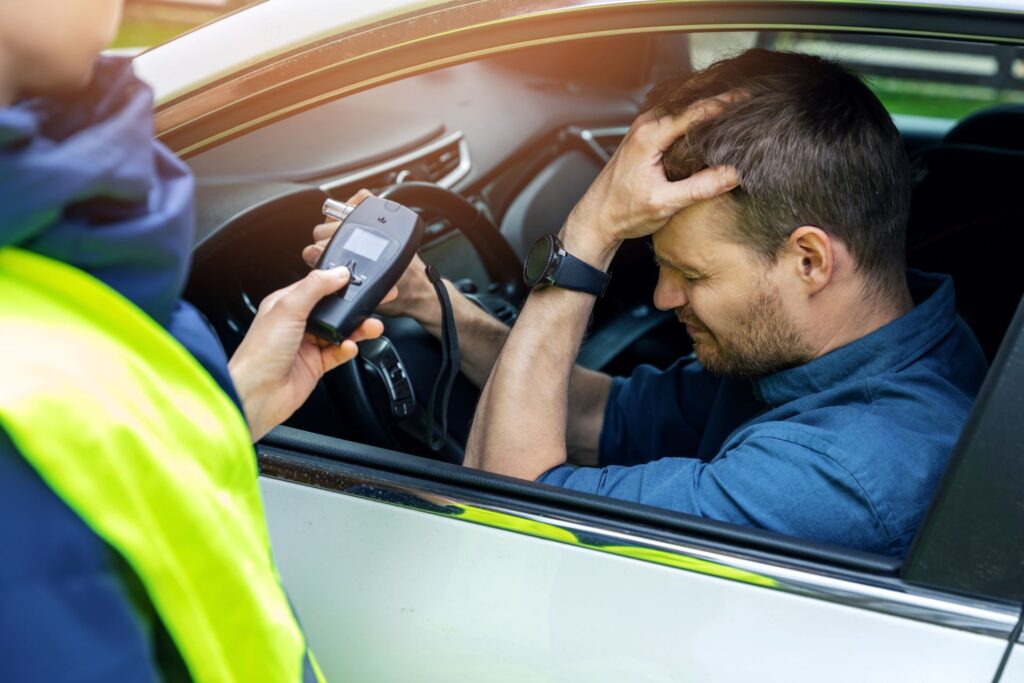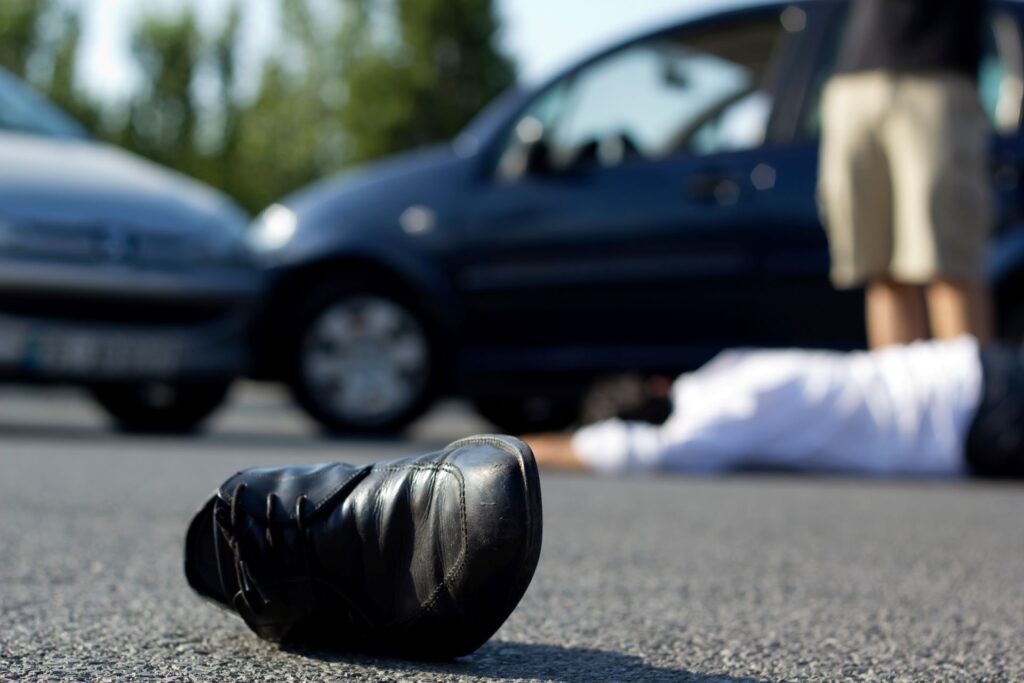Unveiling The Legal Consequences Of Drunk Driving

Every year, countless lives are affected by the repercussions of drunk driving. In fact, recent data from the US Department of Transport reveals that dozens of people are lost daily due to this perilous act.
These consequences aren’t limited to death alone, but also severe injuries and destruction of property. It is for this reason that the US government and others across the world come down hard on drunk driving.
It’s imperative for everyone, not just potential offenders, to grasp the legal ramifications of driving under the influence. This article sheds light on these consequences. It also highlights the invaluable role a skilled drunk driving attorney can play if you ever find yourself entangled in such a predicament.
What Is Drunk Driving?
Drunk driving is often referred to as driving under the influence (DUI) or driving while intoxicated (DWI). This is the act of operating a vehicle after consuming alcohol or drugs that impair your ability to drive safely.
In most regions, the legal blood alcohol concentration (BAC) limit is 0.08%. However, factors like your weight, gender, and the amount consumed can influence your BAC. For instance, a 150-pound man might reach the limit after consuming four drinks in an hour.
Consequences Of Drunk Driving
Sometimes, police officers set up impromptu DWI checkpoints where they pull over drivers suspected of drunk driving. If you end up being one of the drivers stopped, you’ll undergo field sobriety tests.
If you fail these, and the officer believes there’s enough evidence to suggest you’re under the influence, you could be arrested on the spot. At this point, it’s crucial to know your rights and consider seeking an attorney’s counsel.
If the officer decides to have you arrested, you’ll potentially face the following legal consequences:
- Civil Liability
If you caused an accident while driving drunk, injured parties might sue you for damages. Beyond the immediate legal penalties, you could be financially responsible for medical bills, property damage, and other compensation.
- Immediate License Suspension
Many jurisdictions will suspend your driving license immediately upon arrest, even before a court hearing. This is often a measure to keep potentially dangerous drivers off the road and serves as a deterrent for future offenses.
- Fines And Penalties
Depending on the severity of the offense and whether it’s a first-time or repeat offense, fines can range from a few hundred to several thousand dollars. These financial penalties are intended not only as punishment but also to discourage you from making the same mistake again.
- Jail Time
For first-time offenders who haven’t caused any injuries, the penalties might be more lenient. In some cases, you might face shorter jail time or even avoid it altogether. However, if you’ve had prior DUI/DWI convictions, you may face longer jail sentences.
The situation becomes gravely serious if your drunk driving results in accidents and injuries. In such cases, even if it’s your first offense, you could face extended jail time, especially if someone was injured or tragically lost their life.
- Permanent Criminal Record
A DUI/DWI conviction will stay on your criminal record, potentially affecting future employment opportunities and other aspects of your life. These long-term consequences can also impact your ability to travel to certain countries or obtain specific professional licenses.
These are some of the legal repercussions. Having a DWI attorney means you have someone who knows the ins and outs of drunk driving cases to guide and help you. They can defend you in court, possibly lessen your penalties, and make sure you’re treated fairly throughout the process.
But how do you avoid such cases altogether?
DWI Preventative Measures
It’s simple. Always have a plan:
- Use a designated driver: Before heading out, decide on a friend or family member who will abstain from drinking and take on the responsibility of driving everyone home safely.
- Opt for public transportation or rideshares: If no designated driver is available, consider using public transportation options like buses, trains, or rideshares.
- Limit your alcohol intake: If you know you’ll be driving, set a strict limit for yourself, or avoid alcohol altogether.
- Stay overnight or wait it out: If you find yourself in a situation where you’ve consumed too much alcohol, consider staying overnight at a friend’s place or booking a nearby hotel.
These tips can help you and other road users stay safe and save you costly lawsuits down the road.
In Closing

Drunk driving doesn’t just endanger your life; it can also impact your future, freedom, and finances. From jeopardizing other road users to facing legal battles, the ripple effects are far-reaching. Remember, every choice has a consequence. As you hit the road, make the responsible one.

